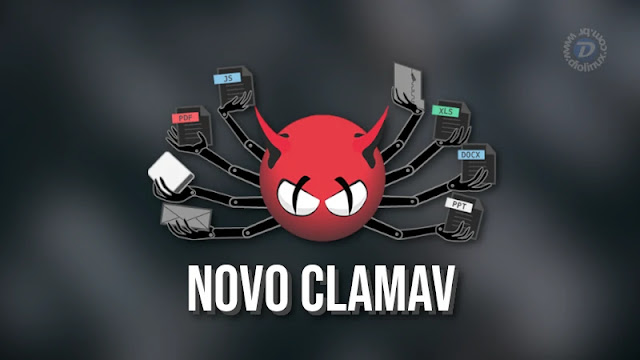Clamav No Mac
ClamAV is a machine available in the Practice area of the Offensive Security Proving Grounds. This box difficulty is easy. Lets dive in and take a look.
Lovingly developed and religiously updated by the group of open source developers responsible for the cross-platform ClamAV anti-malware application, ClamXav won’t actively scan incoming. Clamav mac Clamav on Mac. September 17, 2017 October 7, 2017 admin Security clam antivirus mac, clamav mac, clamxav mac. Install clamav on Mac OS. App name: clamav 0.99.2. Jul 15, 2014 ClamXav is a free antivirus solution based on the Open Source engine, ClamAV. Even though Mac OS X is considered a secure operating system from the viruses that actively attack the system point of view, the users shouldn't enjoy the 'status quo'. The thing is, there are certain situations when a Windows virus can attack a Mac.


Starting with a nmap scan enabling all scripts, detecting versions, and output all formats to files starting with the string “simple”.
So using this nmap scan and a quick search based on the name of the box we see a few possible exploits.
From the list showing “clamav” exploits we see one that is targeting SMTP which we know is open from the nmap scan.
Lets take a look at the pearl script.
So it looks like the exploit will be opening a new port 31337 and running sh as root. Lets take a look at the current status of the port.
Port 31337 is closed as expected. Running the exploit.
Clamav Windows
No errors with execution and the message looks to be accepted for delivery. Looking back at the port, its now open!
Netcat to the port.
Wow, root immediately.
“bash -i” to upgrade the shell just a bit. Navigate to the root desktop to grab the proof.txt.

ClamAV is a fun one, but the machine name gave a huge advantage to the attacker. The Offensive Security community claims that ClamAV is a retired OSCP exam box. So it was good practice if nothing else. Until next time, stay safe in the Trenches of IT!
The easiest way to get the ClamAV package is using Homebrew
Before trying to start the clamd daemon, you'll need a copy of the ClamAV databases.
Inside /your/location/to/brew/etc/clamav, you'll see 2 files:
- freshclam.conf.sample
- clamd.conf.sample
Create copies of the samples:
Open up freshclam.conf, comment out 'Example' from line 8, and make sure
is enabled. Save your changes.
Then run
to download the ClamAV databases. The output will look something like this:
Open up clamd.conf, and

- Comment: 'Example' from line 8
- Uncomment: LocalSocket /tmp/clamd.socket from line 85
- Save your changes
Next, let's look for the location of clamd by running:$ brew ls clamav
You should see the following:
To start the clamd daemon, run the following:
Clamav No Mac Os
You should now be able to scan a file by doing:
